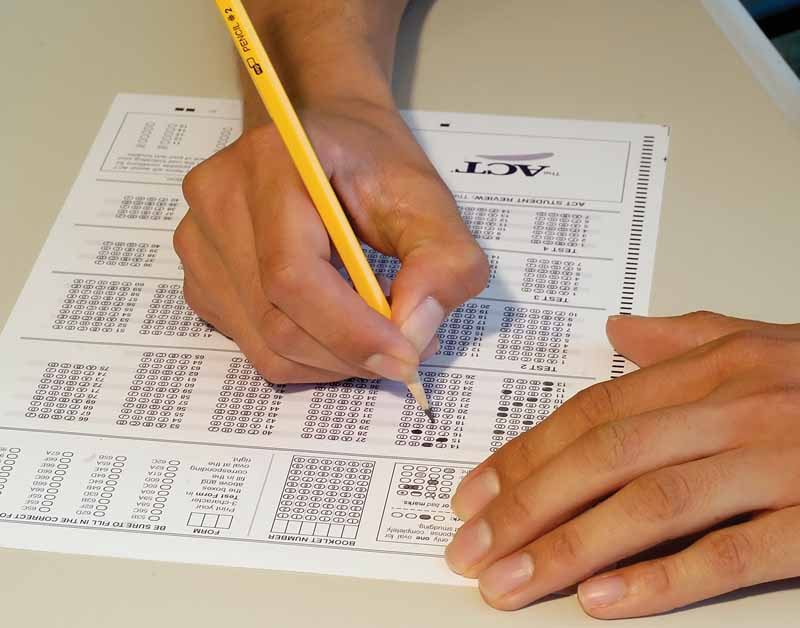The ACT Isn’t Aging Well
The American College Testing (ACT) has always played a major role in getting into universities in the United States. It acts as an exam that supposedly predicts college success, and gives the college an indicator of student performance. However, more recently, criticism has come out against the test, claiming that it is aged and not necessarily valid.
One of the major issues with the ACT is its inherent biases. Questions are oriented towards upper middle class white individuals. The National Education Society writes about how standardized tests are a continuation of eugenics, barring people of color from doing well with rigged questions. They stated, “According to Fair Test, on average, students of color score lower on college admissions tests, thus many capable youth are denied entrance or access to so-called “merit” scholarships, contributing to the huge racial gap in college enrollments and completion.” The test was created with biases against people of color, lower class incomes, as well as women, creating unfair equity in getting into college, which happens to be a major decider of social class in the United States.
Another potential problem with the ACT is the question of its validity. The ACT is an aptitude test, meaning that it aims to predict, not to measure current ability of students. One problem is that college expectations and high school curriculums don’t match up, creating a large dissonance between what the ACT says it is and what it needs to be.
At Skyline, many students feel that the ACT is approaching its time to be disregarded. When asked, students commented on the fact that the timed aspect of the test is stressful and creates unfair limitations. Paige Harmon, a junior, stated, “I feel like the ACT is not a good predictor of college performance because some people just aren’t good test takers, even if they are good students.” Nicola Bihari, another junior, agreed, saying, “… I think the ACT focuses primarily on book smarts and previously retained knowledge, and college includes many more factors…” They both mentioned that the time limits completely change the way students take the test, and that they think the ACT should be altered in some way to make it more friendly and accurate.
Pressure on ACT scores has been lowered by many universities, especially following the pandemic, which potentially only lowered the validity of the standardized test. However, it still plays a role in getting into good universities, and in education culture in the United States.




